Qualification/Validation:-
Qualification and validation are essential processes in various industries, including pharmaceuticals, medical devices, biotechnology, and manufacturing. They involve systematic activities to ensure that equipment, systems, processes, and methods meet predefined requirements and are fit for their intended purpose. Let’s explore qualification and validation in more detail:
- Qualification: Qualification refers to the documented process of establishing evidence that equipment or systems are properly installed, operate correctly, and consistently perform according to their intended function. It involves a series of activities, including design qualification (DQ), installation qualification (IQ), operational qualification (OQ), and performance qualification (PQ).
- Design Qualification (DQ): DQ verifies that the design of equipment or systems meets the specified requirements and intended use.
- Installation Qualification (IQ): IQ ensures that equipment or systems are correctly installed according to the manufacturer’s guidelines or user requirements.
- Operational Qualification (OQ): OQ tests and verifies that equipment or systems operate within predefined parameters and meet performance specifications.
- Performance Qualification (PQ): PQ demonstrates that equipment or systems consistently perform as intended in their operational environment.
Qualification activities generate documentation, such as protocols, reports, and records, to provide evidence of compliance and enable traceability.
- Validation: Validation is the process of establishing documented evidence demonstrating that a system, process, or method consistently produces results or products meeting predetermined requirements and specifications. It involves a comprehensive evaluation of critical aspects to ensure reliability, accuracy, and reproducibility. Common types of validation include process validation, analytical method validation, and computer system validation.
- Process Validation: Process validation demonstrates that a manufacturing process consistently produces products meeting predetermined quality attributes. It typically involves three stages: process design, process qualification, and continued process verification.
- Analytical Method Validation: Analytical method validation verifies that a specific analytical procedure is suitable for its intended purpose and provides accurate and reliable results. It includes assessing parameters such as specificity, accuracy, precision, linearity, and robustness.
- Computer System Validation: Computer system validation confirms that computerized systems used in regulated environments, such as laboratory information management systems (LIMS) or manufacturing execution systems (MES), are appropriately designed, implemented, and maintained to ensure data integrity and compliance with regulatory requirements.
Validation activities involve protocol development, execution, data analysis, and report generation to demonstrate compliance with predefined acceptance criteria.
Both qualification and validation play critical roles in ensuring the quality, safety, and compliance of products, processes, and systems. They are closely linked and often conducted in parallel to provide a comprehensive assessment and assurance of performance and compliance.
It is essential to follow relevant industry guidelines, regulations, and best practices (such as those provided by regulatory agencies like the FDA or international standards organizations) when performing qualification and validation activities. These guidelines provide detailed requirements and recommendations to ensure consistent and reliable outcomes.
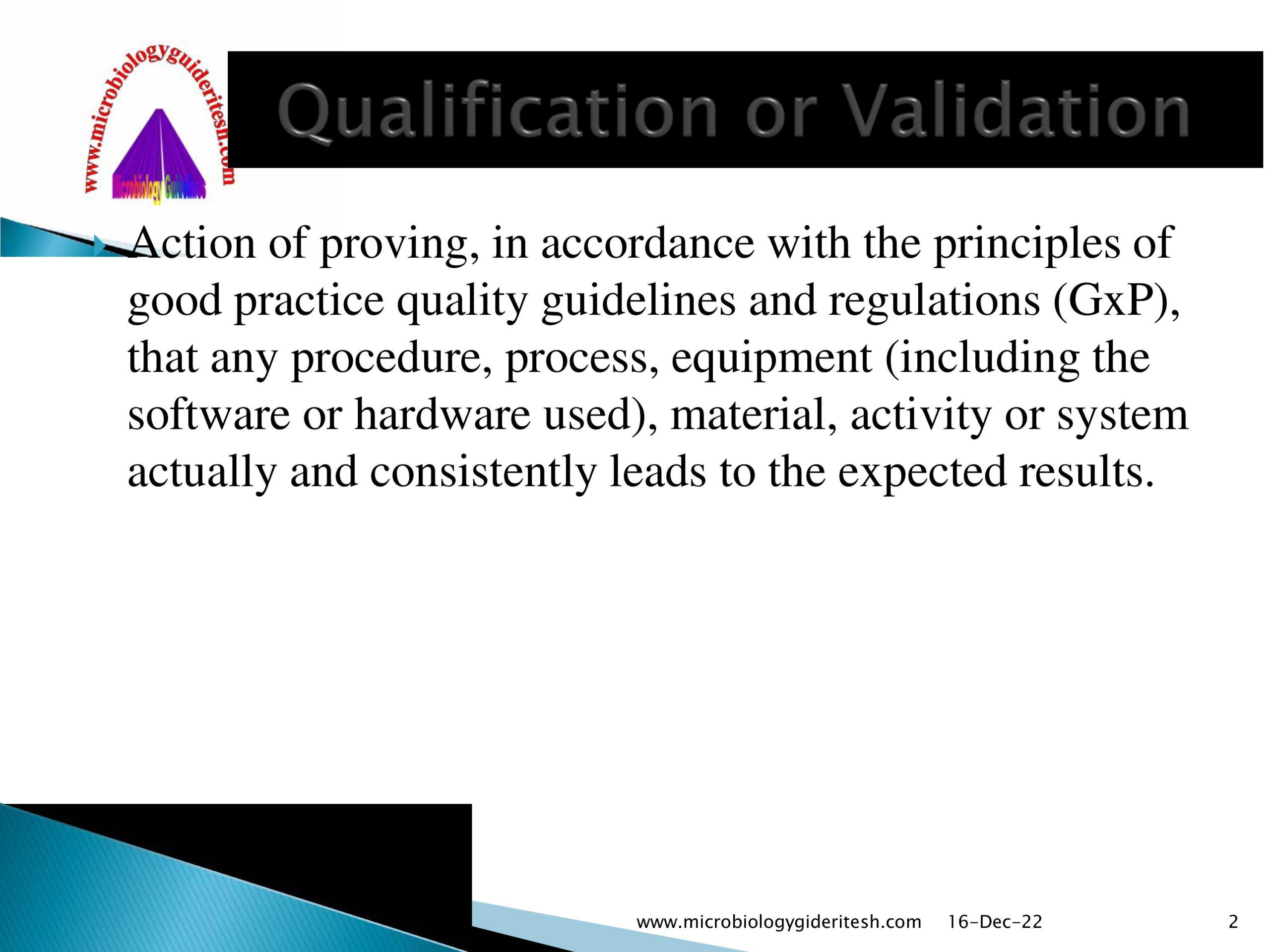
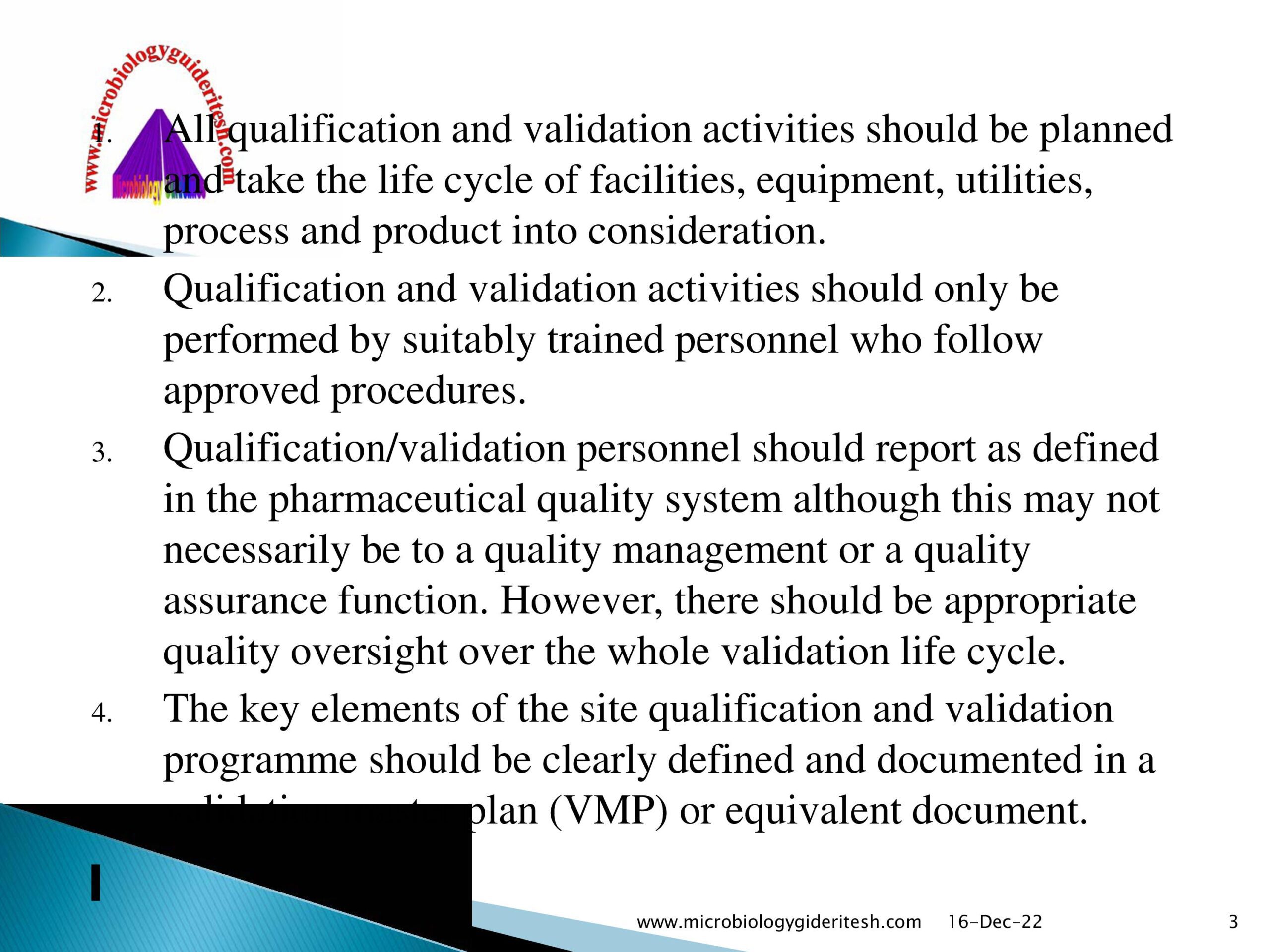
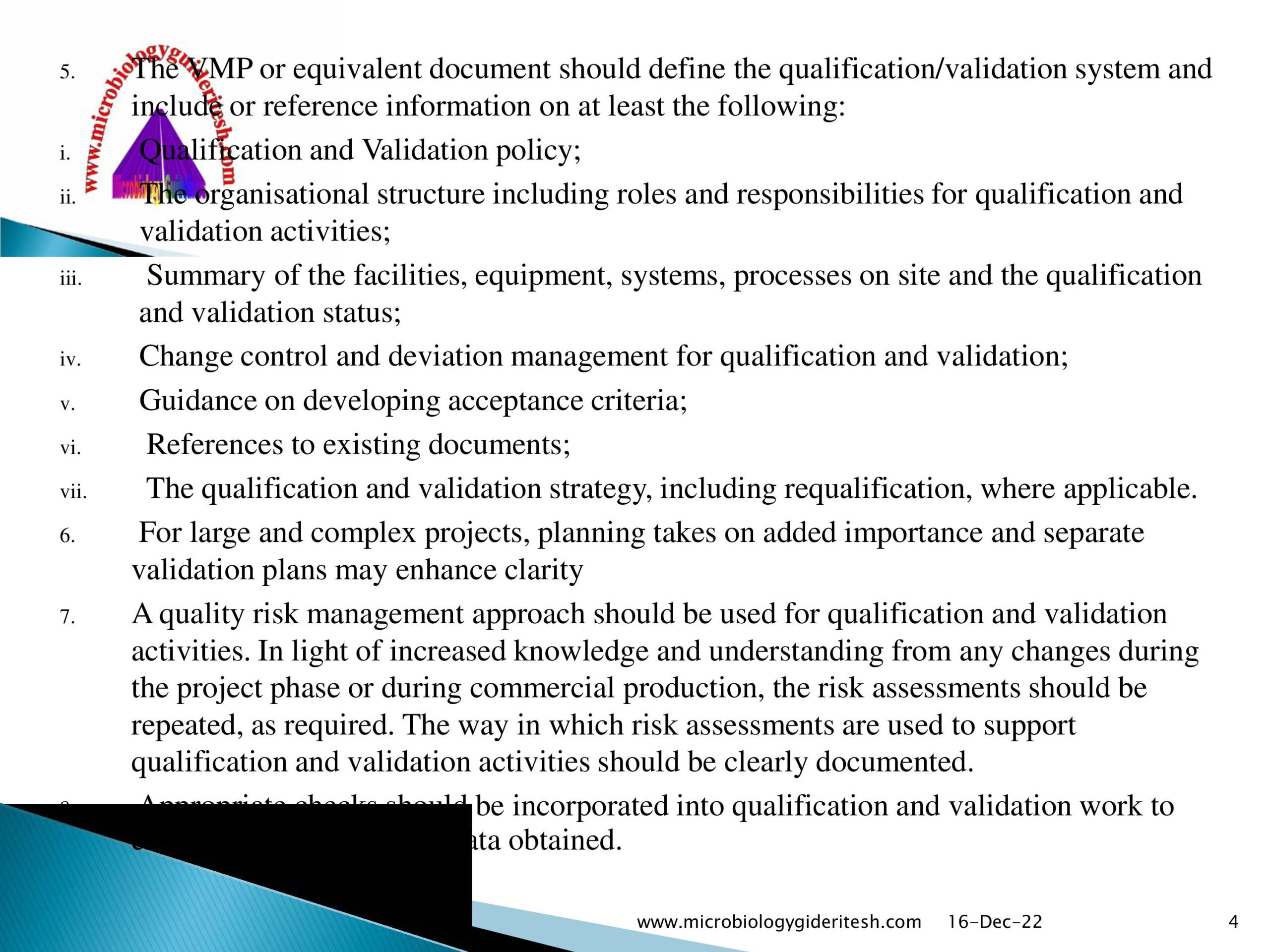
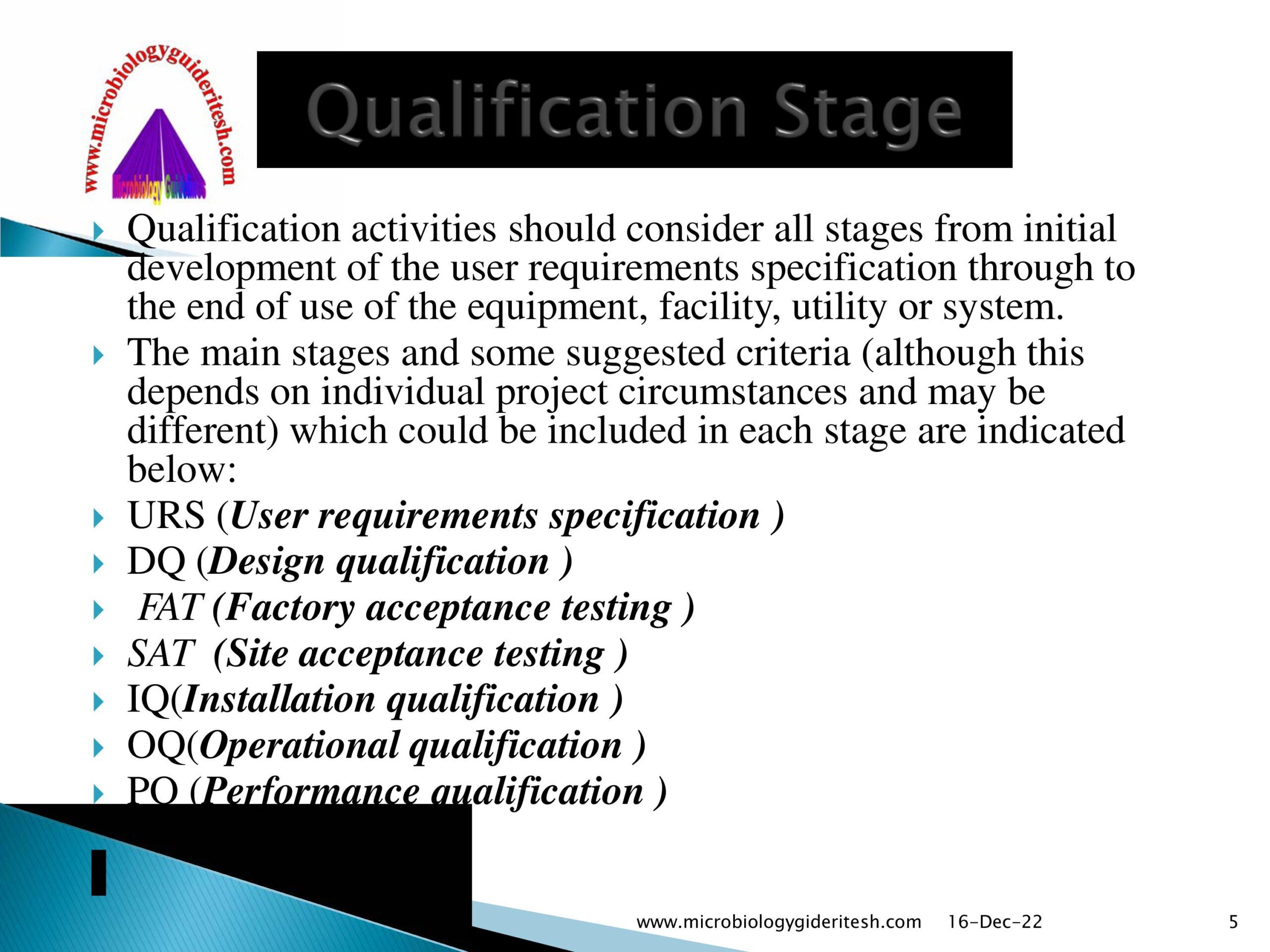
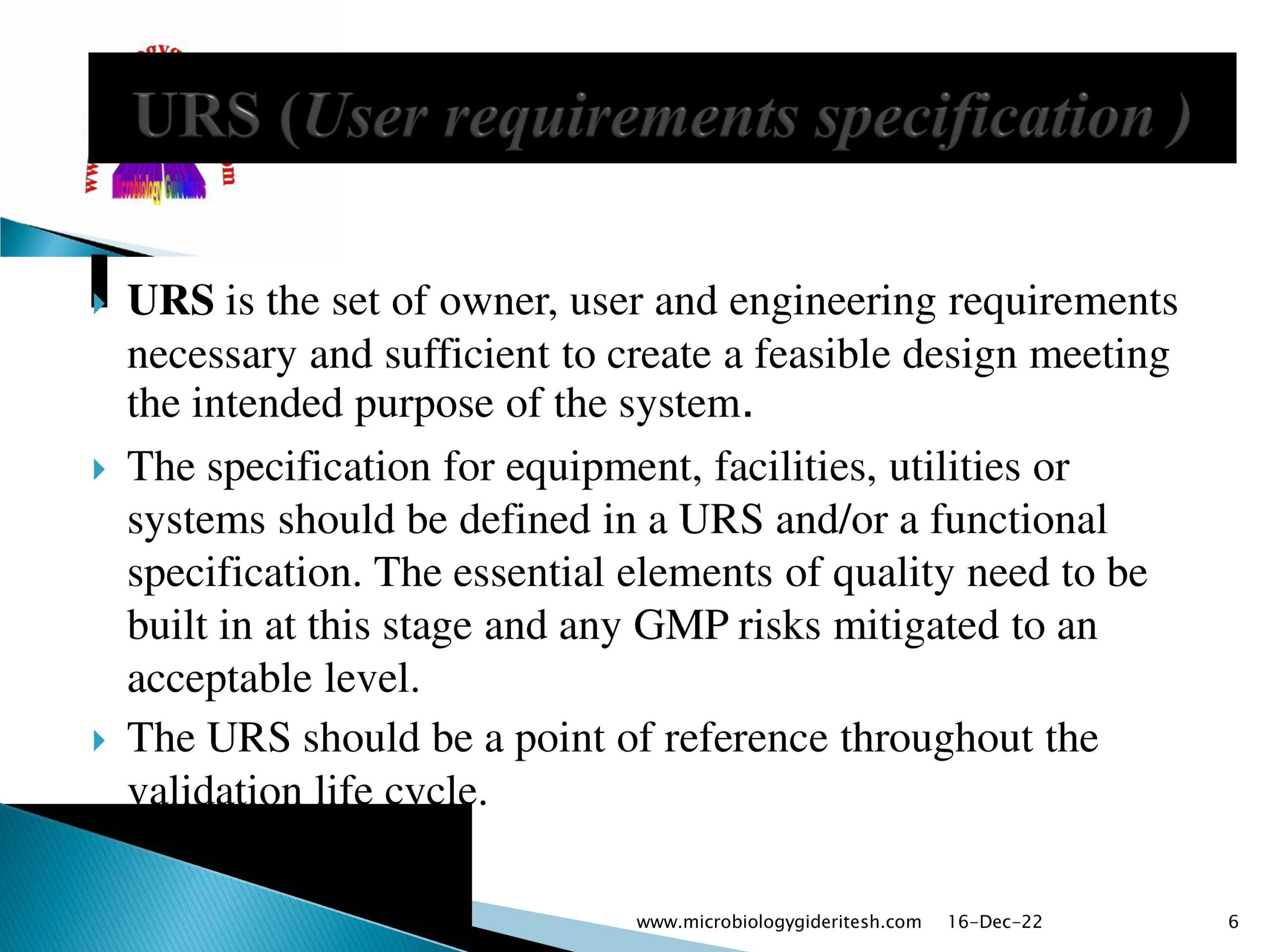
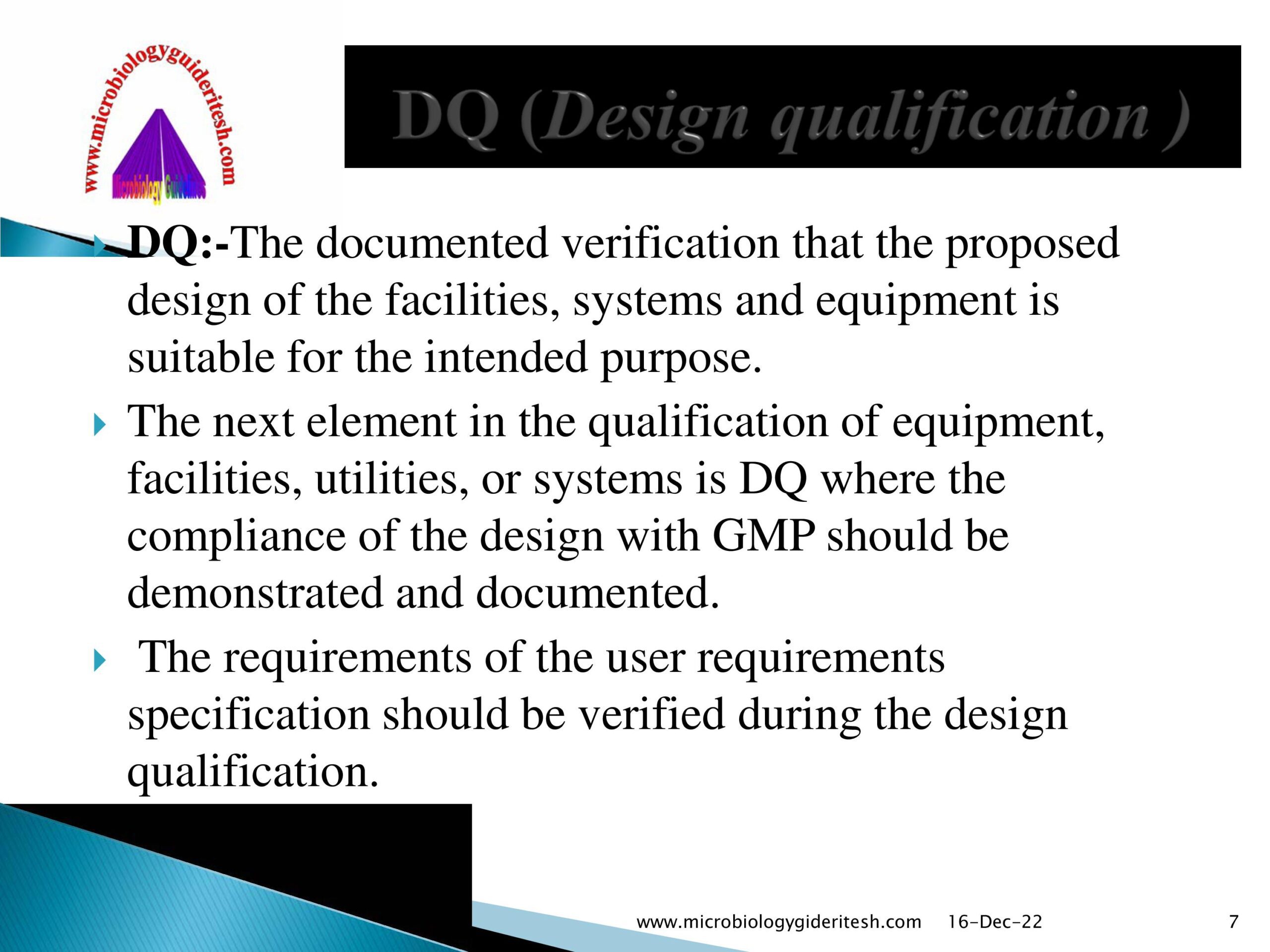




Pingback:


I think you have mentioned some very interesting points, regards for the post.
Hey very cool site!! Man .. Excellent .. Amazing .. I will bookmark your blog and take the feeds also…I’m happy to find so many useful info here in the post, we need develop more strategies in this regard, thanks for sharing. . . . . .